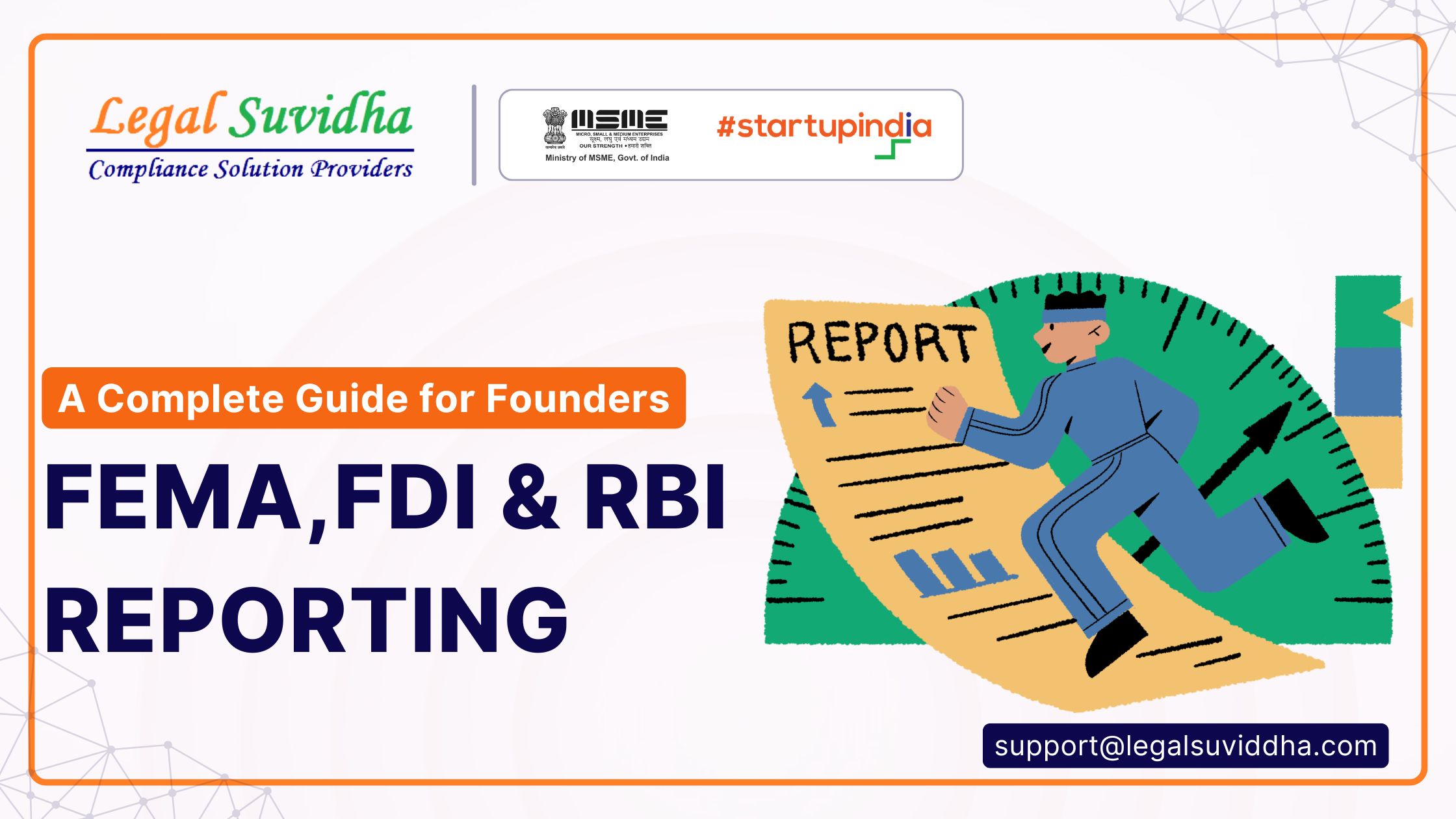The rise of the digital economy has brought about significant changes to the business landscape. With more businesses operating online, taxation laws and regulations have had to evolve to address the unique challenges of the digital economy. In this blog post, we will explore the latest developments in digital taxation and how businesses can comply with these regulations.
What is Digital Taxation?
Digital taxation refers to the taxation of digital products and services that are bought and sold online. This includes goods and services such as digital downloads, online subscriptions, and e-commerce transactions. Digital taxation is a relatively new field that has emerged in response to the growth of the digital economy.
The Challenge of Digital Taxation
One of the biggest challenges of online taxation is the difficulty of tracking and monitoring online transactions. With businesses operating in multiple jurisdictions, it can be challenging for tax authorities to keep track of transactions and ensure compliance with taxation laws.
Another challenge is the lack of a universal definition of digital products and services. This has led to confusion around what is considered taxable and what is not. For example, some countries consider digital books to be taxable, while others do not.
The Latest Developments in Digital Taxation
In recent years, many countries have introduced digital taxation laws to address the challenges of the digital economy. Some countries have implemented a digital services tax (DST), which is a tax on the revenue generated by digital companies. Other countries have introduced value-added tax (VAT) on digital products and services.
The European Union (EU) has been at the forefront of digital taxation regulations. In 2019, the EU introduced the Digital Services Tax, which is a 3% tax on revenue generated from digital services. The EU has also proposed a new digital levy, which would be a tax on the revenue of large digital companies.
In the United States, the state of Colorado recently passed a law that requires out-of-state retailers to collect and remit sales tax on transactions with Colorado customers. This law applies to both online and offline retailers.
How Businesses Can Comply with Digital Taxation Regulations
Complying with online taxation regulations can be challenging for businesses, especially those that operate in multiple jurisdictions. Here are some tips for businesses to ensure compliance with digital taxation regulations:
- Stay up-to-date with the latest regulations: Taxation laws and regulations are constantly evolving, so it is crucial for businesses to stay informed about the latest developments.
- Determine tax liabilities
:Businesses should determine their tax liabilities in each jurisdiction they operate in and ensure that they are paying the correct amount of tax. - Implement tax technology: Tax technology can help businesses track and monitor transactions and ensure compliance with taxation laws.
- Work with tax professionals: Businesses should work with tax professionals who can provide guidance and advice on compliance with taxation laws.
Digital Taxation and Cross-Border Transactions
The digital economy has enabled businesses to expand their reach beyond their physical borders, making it easier to reach new customers and markets. However, this has also presented new challenges for taxation authorities, as it can be difficult to track and monitor cross-border transactions in the digital space. In this blog post, we will explore the implications of online taxation on cross-border transactions.
Challenges of Digital Taxation on Cross-Border Transactions
One of the main challenges of digital taxation on cross-border transactions is the difficulty of determining which jurisdiction has the right to tax a transaction. This can be particularly challenging when there are multiple jurisdictions involved, each with its own tax laws and regulations.
Furthermore, there is often a lack of clarity around what constitutes a taxable event in the digital space. For example, it can be difficult to determine where a transaction takes place when it occurs in the digital realm. This can lead to disputes between tax authorities over which jurisdiction has the right to tax a transaction.
Another challenge is the lack of consistency in online taxation laws and regulations across different jurisdictions. This can lead to confusion and uncertainty for businesses operating across borders, as they may be subject to different tax laws and regulations in each jurisdiction.
Opportunities of Digital Taxation on Cross-Border Transactions
Despite the challenges, digital taxation also presents opportunities for cross-border transactions. Online taxation can help to create a more level playing field between traditional and digital businesses, ensuring that all businesses pay their fair share of taxes regardless of where they are located.
Digital taxation can also provide a means of combating tax avoidance and evasion, which can be facilitated by the borderless nature of the digital economy. By ensuring that taxes are paid in the jurisdiction where value is created, digital taxation can help to protect the tax base and maintain public trust in the tax system.
Finally, online taxation can provide a framework for cross-border cooperation and coordination between tax authorities. This can help to prevent double taxation and ensure that taxes are paid in the appropriate jurisdiction.
Cryptocurrency and Digital Taxation: The Tax Implications of Digital Currencies
Cryptocurrencies, such as Bitcoin and Ethereum, have become increasingly popular in recent years, leading to new challenges and opportunities in the realm of taxation. In this blog post, we will explore the tax implications of digital currencies and how businesses can comply with digital taxation laws and regulations.
Understanding Cryptocurrency and Digital Taxation
Cryptocurrency is a type of digital currency that uses encryption techniques to regulate the generation of units of currency and verify the transfer of funds. Unlike traditional currency, which is regulated by central banks, cryptocurrencies are decentralized and operate independently of a central authority.
Online taxation is the application of tax laws and regulations to digital transactions, including transactions involving cryptocurrencies. As digital currencies continue to gain popularity, tax authorities around the world are taking steps to regulate their use and ensure that taxes are paid on transactions involving these currencies.
Tax Implications of Cryptocurrency Transactions
The tax implications of cryptocurrency transactions depend on a number of factors, including the jurisdiction in which the transaction takes place and the type of transaction involved. In general, however, the following tax implications may apply:
- Capital gains tax: If a business or individual buys and holds cryptocurrency as an investment, they may be subject to capital gains tax when they sell the currency for a profit.
- Income tax: If a business or individual receives cryptocurrency as payment for goods or services, they may be subject to income tax on the value of the cryptocurrency received.
- Sales tax: In some jurisdictions, the sale of goods or services for cryptocurrency may be subject to sales tax, similar to transactions involving traditional currency.
- Reporting requirements: Businesses and individuals may be required to report transactions involving cryptocurrency to tax authorities, particularly in jurisdictions where the use of cryptocurrency is regulated.
Compliance with Digital Taxation Laws and Regulations
To comply with digital taxation laws and regulations, businesses and individuals should keep accurate records of all transactions involving cryptocurrency, including the date, value, and purpose of the transaction. They should also ensure that they understand the tax laws and regulations in their jurisdiction and seek professional advice if necessary.
Furthermore, businesses should implement effective compliance procedures, such as conducting due diligence on customers who pay in cryptocurrency and implementing Know Your Customer (KYC) and Anti-Money Laundering (AML) procedures.
Conclusion
As the use of digital currencies continues to grow, it is important for businesses and individuals to understand the tax implications of cryptocurrency transactions and comply with online taxation laws and regulations. By keeping accurate records, seeking professional advice, and implementing effective compliance procedures, businesses can ensure compliance and avoid the risks associated with non-compliance.
If You have any queries then connect with us at [email protected] or you can contact us & stay updated with our latest blogs & articles








